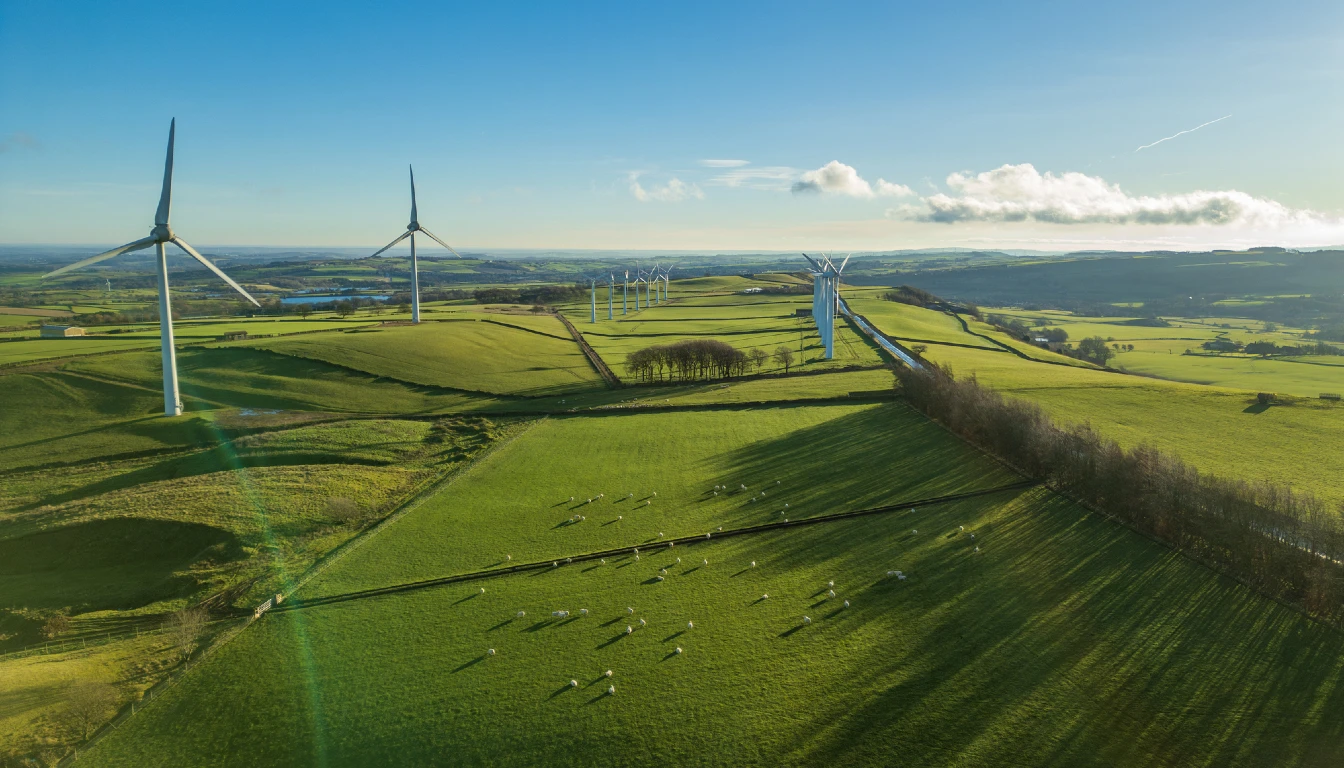Chancellor Rachel Reeves has announced the removal of the ban on new onshore wind farms in England, aiming to stimulate economic growth and transition to clean energy by 2030.
This decision reverses a policy established by the previous Conservative government in 2015. It is part of a broader range of planning reforms aimed at stimulating economic growth and transitioning to clean energy by 2030.
In a speech at the Treasury, Reeves highlighted that under the previous rules, onshore wind projects were subject to stringent local approval requirements that effectively halted their development.
She said: “As of today, we are ending the absurd ban on new onshore wind in England. We will also go further and consult on bringing onshore wind back into the Nationally Significant Infrastructure Projects regime, meaning decisions on large developments will be taken nationally not locally.”
Reeves also outlined the Labour government’s plans to boost the economy, noting that ongoing economic issues stemmed from deferred decisions and political self-interest. Measures include housebuilding on some “green belt” lands and restored mandatory targets for councils to build 1.5 million homes.
The move has been welcomed by the energy sector and environmental campaigners.
The Chancellor emphasized that modernizing planning policies to facilitate onshore wind projects would support Britain’s energy independence, reduce energy costs, and generate high-skilled jobs. The government will also consider categorizing large wind farms as nationally significant infrastructure to expedite planning approvals.
Energy UK’s Chief Executive, Emma Pinchbeck, and RenewableUK’s Chief Executive, Dan McGrail, praised the swift action and noted that lifting the ban was overdue. They pointed to strong public support for onshore wind and underscored that modern turbines are more efficient, meaning fewer installations could achieve higher energy outputs.
Ed Miliband, now Energy Secretary, reinforced the government’s commitment to boosting energy security and cutting dependence on fossil fuels.




